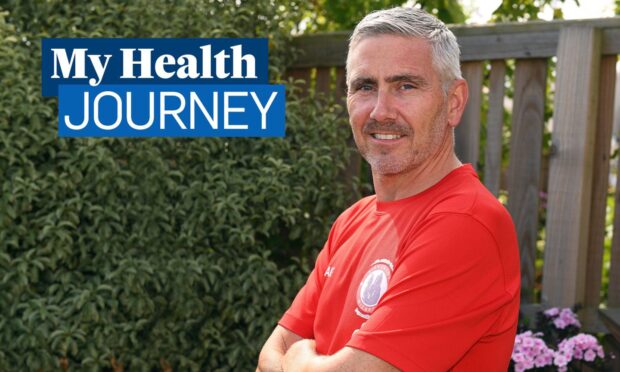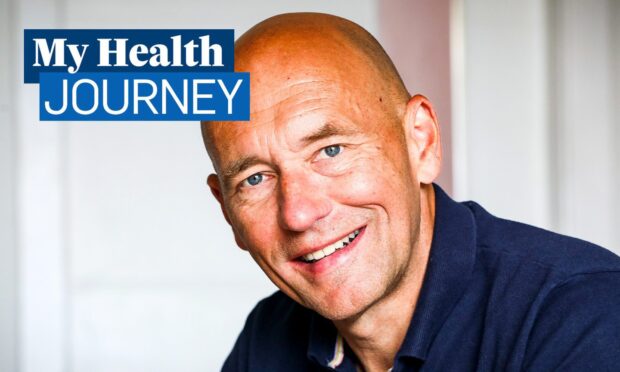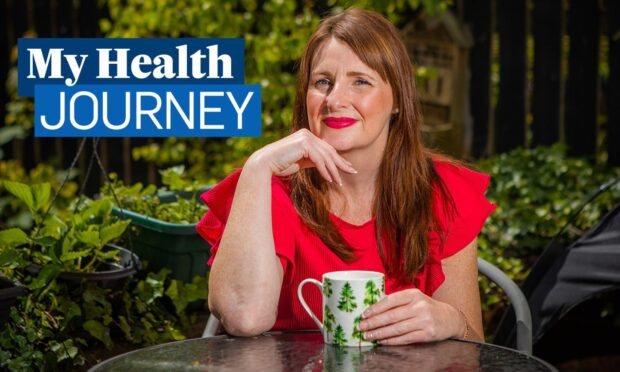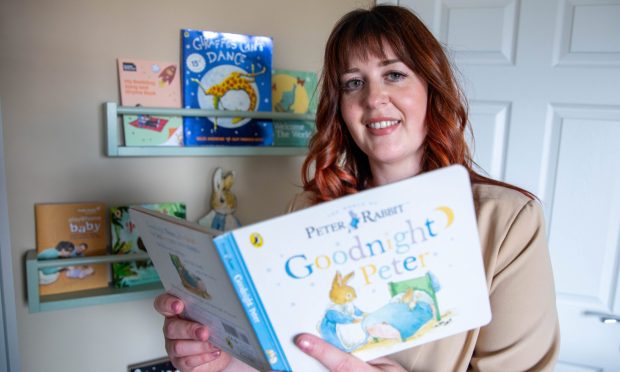This month an estimated one in six UK adults are planning to lay off the booze by taking part in Dry January.
The campaign, run each year by charity Alcohol Change UK, sees participants giving up alcohol for four weeks.
However, not everyone agrees that Dry January is the right approach.
Tayside Council on Alcohol (TCA) supports individuals, families and communities across Tayside impacted by substance abuse.
And its chief executive, Kathryn Baker, isn’t supportive of the concept for a number of reasons.
She believes it may actually be detrimental to anyone, who is heavily dependent on alcohol, to suddenly stop drinking.
“It won’t be possible for those heavily dependent on alcohol to just suddenly stop.
“And actually it can be dangerous, from a medical perspective,” she explained.
“There are some serious conditions associated with sudden withdrawal.
“For instance there is a small risk that people might have seizures.
“For people who have a significant issue with alcohol it’s probably unrealistic to think that without any kind of support, help or intervention, they are suddenly going to be able to stop.”
Concerns about the Dry January campaign
She also has concerns about the message Dry January puts out to the wider population.
“It almost gives the message that if you can stay off alcohol for January then you don’t have a problem with your drinking for the rest of the year.
“It also gives people the message that they can just drink as much alcohol as they want over Christmas and New Year because Dry January is coming up so it’s ok.
“Instead we need to think about how alcohol fits into our lives across 12 months of the year in a way that is safe and is about responsible drinking.”
Kathryn believes more helpful messages might be around ‘normalising choosing not to drink alcohol’.
And to encourage people to think about the long-term impact of alcohol on their physical and mental health.
January can be a difficult month for many people.
Not only is there the post-festive holiday depression and facing large credit bills after Christmas to cope with.
But January also has ‘Blue Monday’.
This is the term given to the most depressing day of the year which falls on the third Monday of the month.
And Kathryn believes Dry January just adds pressure to people who might already be struggling.
“I think it can put a lot of pressure on people in an already pressured month,” she said.
“But my biggest objection to Dry January is this idea that people might be thinking if I can do Dry January then my drinking isn’t a problem.
“It might mean you don’t have a physical dependence on alcohol and can go four weeks without having a drink.
“But that doesn’t mean your drinking isn’t problematic in some way, shape or form.
“To me it just takes a really complex issue and puts it into a strapline.”
She added: “We could actually be a bit smarter with some of the messages that we put out in January.
“Instead you could be thinking about what small changes can you put in place this month that you are going to be able to carry through the rest of the year.”
The idea behind Dry January
The idea for Dry January came from one of the workers at Alcohol Change UK.
Emily Robinson gave up alcohol for the month as part of training for her first half marathon in February 2011.
Her experience sparked off a wider conversation at the charity.
And the Dry January campaign was born with the first one taking place in 2013.
In recent years the NHS says evidence has shown that regularly drinking more than 14 units of alcohol a week risks damaging people’s health.
This is why charities like Alcohol Change UK are continuing to try to encourage people to cut back on alcohol.
Charity bosses believe research has shown a month’s abstinence from alcohol can offer a lot of benefits.
These include: lowering blood pressure, reducing diabetes risk, lowering cholesterol and reducing levels of cancer-related proteins in the blood.
Why some are drinking more alcohol
Dr Richard Piper is the chief executive of Alcohol Change UK.
He said there are various reasons why just under one in five adults said they drank more alcohol in 2023 than 2022.
Many are still worried about rising costs and are using alcohol in an attempt to cope.
But Dr Piper said the charity’s campaign can provide support for those wanting to give up drinking this month.
“It’s encouraging that three in five of those who have found themselves drinking more want to cut down in 2024,” he said.
“We know that taking the first step can feel daunting.
“However, our figures have shown that 67% of people who take part in Dry January and access our free tools and resources have a completely alcohol-free month.
“This is compared to just 33% of those trying to go dry on their own.”
New research from the charity reveals that amongst UK adults, 30% of men and 26% of women would like to reduce the amount of alcohol they drink in 2024.
It comes as its figures show one in five people (21%) now regularly drink more than the recommended maximum of 14 units a week.
This is the equivalent to six pints of normal strength beer or lager or a bottle and a
half of wine, per week.
What are the benefits?
Dr Piper believes there are many benefits to quitting alcohol for a short period.
He said: “Dry January gives amazing health benefits like better sleep, brighter skin, more energy, improved concentration, and so much more besides.
“Dry January also teaches you some brilliant new skills for relaxing and having fun without alcohol.
“You can then carry this through to February and beyond.
“Whether that’s going out, being with friends, or coming home from work on a Friday night.
“And if your goal is to drink moderately longer-term, the skills you learn in Dry January will make that much more likely.”
What do you think about Dry January? Have your say below.












